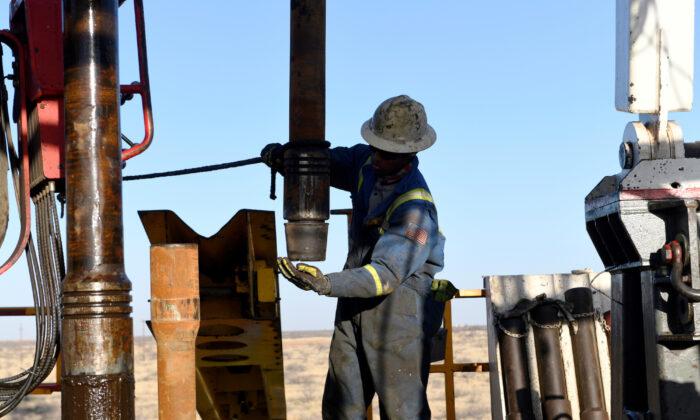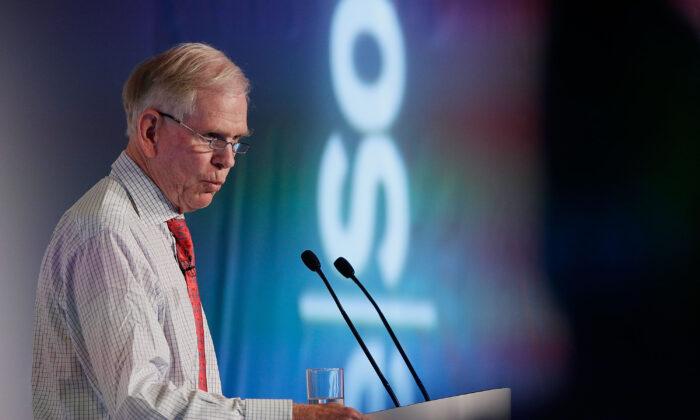Halliburton CEO and president Jeff Miller made waves on Monday predicting that the world is due for a period of oil scarcity in comments at the World Petroleum Congress in Houston, Texas.
“I think that for the first time in a long time, we will see a buyer looking for a barrel of oil, as opposed to a barrel of oil looking for a buyer,” Miller said.
Since 2014, the oil industry has generally deemphasized building new infrastructure in the face of low prices. However, that trend may now catch up with the industry, which now finds demand for oil exceeding the available supply given current infrastructure.
An additional factor contributing to predicted oil scarcity is a labor shortage in the fossil fuel industry surpassing that in the general economy.
The widespread perception that fossil fuels will be marginalized in the future of energy and transportation makes long-term careers in petroleum unattractive to young workers, with many oil workers seeking to switch to renewables or leave the energy industry outright.
As baby boomer employees retire, the industry struggles to replace them with young workers, who see the oil industry as unfavorable to long-term careers because of concerns about climate change models, and pressure by politicians, environmentalists, and investors to transition to renewable energy sources.
This combination of infrastructural underinvestment and labor shortages is likely to result in an oil supply stretched thin to meet demand, resulting in higher prices and possible shortages.
With oil extraction occurring at a significant time lag from industry investment and the skill shortage in the labor industry showing no signs of abating, there are major reasons to believe that any scarcity in oil supplies could last long into the future.






Friends Read Free